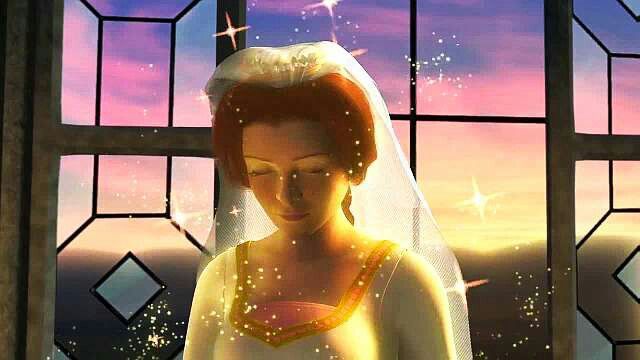|
home | what's new | other sites | contact | about |
||||
|
Word Gems exploring self-realization, sacred personhood, and full humanity
Fiona and Shrek
Wikipedia: Shrek, a mean-spirited and highly territorial green ogre who loves the solitude of his swamp, finds his life interrupted when he is befriended by a talkative Donkey, one of countless fairytale creatures exiled to Shrek's swamp by the fairytale-hating and vertically-challenged Lord Farquaad of Duloc. Angered by the intrusion, he decides to ask Farquaad to exile them elsewhere, bringing Donkey along as he is the only one willing to guide him to Duloc… Shrek and Donkey travel to the castle to find Fiona. They are attacked by a Dragon, who corners Donkey. In desperation, he sweet-talks the beast, learning that it is female. Dragon falls in love with Donkey and carries him to her chambers. Meanwhile, Shrek finds Fiona, who is appalled at his lack of romanticism and surprised he had not slain Dragon. They leave after rescuing Donkey, and Fiona is thrilled to be rescued but is quickly disappointed when Shrek reveals he is an ogre. Despite her demands that Farquaad come get her in person, Shrek forcibly carries her as he ventures back to Duloc with Donkey. At night, Shrek explains to Donkey his frustration at how society judges him for how he looks; Fiona overhears this, and decides to be kind to Shrek. The three encounter Robin Hood on their way back, where it is revealed that Fiona is an expert martial artist. Shrek and Fiona find they have much in common and begin to fall in love…
"It Is You I Have Loved" There is something that I see But an unexpected way It's no more mystery There were times I ran to hide But now I know just who you are It's no more mystery Over and over And I am filled It's no more mystery
Kairissi. The author said he believes he’s the only person in America who hasn’t seen the Shrek movie. Elenchus. We were too polite to break the news that there are several sequels, as well. K. Let’s ease him in gradually. E. Right. K. He’d like us to comment on this film, with special reference to the wondrous theme song by Dana Glover, “It Is You I Have Loved.” E. “It Is You I Have Loved” – all along. K. Yes, we don't want to forget that last part which speaks volumes. E. So, let’s begin. Does this story picture authentic romance? K. I think some of it does; I mean, there are certain aspects which the script writers couldn’t help themselves but to inject elements of a John-and-Mary philosophy, but – where this story is right, it’s really right. E. Before we get to the good stuff, mention an aspect of John-and-Mary interaction. K. Well, for example, in the Wikipedia summary, it’s stated that “Shrek and Fiona find they have much in common and begin to fall in love.” E. Most people would say, what's wrong with that? K. Having “much in common” is something that all true mates will grow into, but they probably won’t start out that way. They might be quite different “on the outside.” Finding your true mate, strangely, has nothing to do with passing an “eHarmony match-up” quiz. E. It’s funny, isn’t it. Wisdom on the street wants potential lovers to win high marks with an “eHarmony match-up” quiz, but they also say that “opposites attract.” So which one is it? K. Actually, it’s neither; at least, at the surface of personality – but we’ll direct our readers to the author’s books and articles for a full discussion. However, I’m not done panning the Wikipedia summary. I also have a problem with the statement, they “begin to fall in love.” E. I know what you’re thinking. I just used the phrase, “So, which one is it?” – and now we discover one more contradictory element concerning how the world views romantic love. K. I’ve been talking too much, Ellus. You explain this. E. To “fall in love” or to “begin to fall in love” speaks of a precipitous plummeting into romantic feelings. K. A plummeting, it seems, by incremental degrees, as how else could one “begin” to fall? Again, which one is it? A sudden and dramatic collision with love, or a gradual, inch-by-inch growing into the fever? E. All of this calamitous dislodgment from a previously settled point of view is set against the theme song’s assertion that “It is you I have loved all along.” K. You can’t suddenly fall over a cliff into love, or even do it by baby steps, if you believe that “It is you” – for all of my life, all of my lonely years since early on – “It is you I have loved all along”! E. So, which one is it? K. Why don’t we get into the actual lyrics of the song, along with the situation confronting Fiona and Shrek, and then, we hope, the answers will present themselves. E. Why don’t you choose a concept from the song? alone in the night, without you K. Among the song’s several powerfully emotive images, this one might win a cake. Ellus, I ask the question: Is there anything more terrifying to one’s hopes for true love than the 3 AM discombobulation, “alone in the night without you”? E. Late at night it’s really hard to hide behind a mask – especially from oneself. K. During the day, with its distraction and bustle, it’s easier to play the game, “I wasn’t really hurt back then” or “I’m doing fine, I’m happy – without him.” But at 3 AM I win no awards for “Best Supporting Actress.” E. “Alone in the night without you” is when we confess – often with bitter tears and regret -- all of our closely guarded secrets, our failings, our lost loves, our might-have and should-have beens. K. This is such a deeply moving concept, Elenchus! What does it really mean? E. I think it means… we were made, we were created, to find our completeness and wholeness, our happiness and contentment, with one particular mate. And if I am not with her, if I am “alone in the night without you” – be it the night that follows day, or the long dark night of endless tomorrows – then I fall into existential crisis. I cannot live my life, find meaning and purpose, if I must enter the future… without you. now I know just who you are K. Thank you, Ellus. Fiona and Shrek began to realize, most forcibly, the shuddering malaise of “alone in the night without you” when they were apart, as she prepared for her ill-conceived wedding.
E. It was also the time when they came to an understanding of “now I know just who you are.” K. How very strange, Elenchus. You can be around someone for a long time; you can tell yourself that you know all about him, that there’s nothing new you could learn – and yet, in all this surfeit of familiarity, one might have not the slightest clue who he really is – I mean, to you. E. Yes… K. We can know a lot about someone, but not really know the person, as such. Tolle says that true love is a “transcendental” experience; or, as “The Wedding Song” has it, a “union of spirits.” E. You can know a great deal about the person, you can even grow up with him, be around him most days of your life, but unless there’s a comingling of soul-energies, you’re still complete strangers on the only level of being that matters. K. (small smile) To quote the prophet Sinatra, “You think you’ve flown, baby, but you ain’t left the ground.” unexpected way, unexpected day K. I believe that to perceive, to “know just who you are,” is the ultimate burst of cosmic revelation and insight of one’s life – not just this Earth-life but one’s entire eternal life. Nothing compares to it, nothing offers a sense of joy and delight as does the first glimpse of the Sacred Beloved. E. This sightedness is the result of an upward shift in consciousness, and, therefore, virtually by definition, it will come unexpectedly. K. It will be a shock, a total falling down the rabbit hole of marvel. And this sense of sudden revelation is behind the phrase we used in "Prometheus," the "ludicrous proposition" principle. E. Because even destined lovers do not enter into revelation at the same moment, there is a systemic problem of being "out of phase" with each other. K. And this "out of phase" aspect causes them to exclaim, at different times, when the soul is ready to open its eyes, "now I know just who you are." E. Gibran spoke of this unexpected coming of the Sacred Beloved with Genesis phraseology, “the Spirit of the Lord hovering over the face of the waters.” K. How appropriate and not overstated. For her, his coming seems as dramatic as the biblical unveiling of reality, a sudden explosive leaping into existence, of life where there'd been only the cold sterile void; it is, as Genesis asserts, a dividing of light from darkness, the advent of a new creation, a new world – a personal and intimate world of extreme delight, harmony, and oneness. you’re the home my heart searched for K. I like this lyric a lot. John and Mary might describe their first encounter in terms of thrill and excitement; and there’s nothing wrong with thrill and excitement, and we hope to have plenty of it. However, thrill and excitement, without something more, is just bio-impetus, it’s what all the mammals experience when “the fever” overtakes them. But we’re after bigger game. E. True lovers often describe their initial meeting as being overwhelmed with a sense of “coming home,” of “great familiarity,” of “you are just like me.” K. Mammalian thrill really isn’t so interested in “coming home.” Actually, the average mammal wants to leave home to chase another skirt. E. (small smile) I’m glad you said that so I didn’t have to. there’s a truth in your eyes, your perfect face K. These words touch on a very important concept that the author has discussed extensively in the “Meaning of Beauty” and “Destiny” articles. E. Those who haven’t experienced this will dismiss it as nonsense. Talk of “your perfect face” suggests an unrealistic perception, empty idealism, just a star-struck infatuation that's here today, gone tomorrow. K. And that would be true, but for the “transcendental” element we spoke of. E. True love, true romance, true marriage, is an avenue to finding God. When her true mate looks into her eyes, he sees more than natural beauty, which may be formidable, but this, by itself, is not what stops him cold, and on a permanent basis. K. There are many pretty girls in the world, and many more on the other side in Summerland, and if pleasing physiognomy were all that true love is about, then he’d want her only as long as he found her most compelling; that is, until later in the day when the next dream crosses his path. But that’s not what this is about. E. She is “made in the image,” but crafted in a particular way, just for him; she’s meant to reveal God to him as no other pedagogue could. And when he looks into her eyes, he sees his entire future, the plan and purpose God made for him. And this is why he’s so drawn to her and can’t live without her. K. Let’s direct our readers to fuller discussion in the “Beauty” and “Destiny” articles. it is you I have loved all along K. What final thoughts might we impart concerning Fiona and Shrek? E. The sweet refrain “it is you I have loved all along” needs emphasis. There is so much mystery and mind of God packed into this phrase.
K. You have the microphone, My Dear Philosopher, explain it to us. E. In “The Wedding Song” we talked about the all-pervasiveness of God, that God is all and in all, and nothing that exists escapes the divine domain. K. What does this mean for our daily lives, Elenchus? E. It means that, when you find your true love, you will not sing, “met a new boy in the neighborhood, I’m into something good,” and that you fell in love last night at the dance and this was the start of it all. Well, you might have met him at the dance last night, but it won’t feel like that was the start of it. Instead, so paradoxically, you will feel that you have known him, not since last night but, all of your life, even eternally, ever amen. What I mean is, when you meet your true love, that “transcendental” experience, you will tap into the all-pervasive and eternal spirit of God. All things of God, all things of cosmic significance, will feel as if you’ve had them forever. Because you have had them forever. And you will feel that way about him. Because he was made for you, just for you, right from the “soul nursery,” in the far distant-past primordial purposes of God. K. (softly laughing) I remember winking at you in the cosmic playpen. E. And then you stole my rattle. K. (laughing) postscript K. May I say a word about Fiona’s ill-fitting wedding? E. Please. K. Shrek shows up. Crashes the ceremony.
K. Now some would say that any wedding ceremony is sacred and that he should not have done that; and we understand that point of view. On the other hand, true love creates its own morality, so to speak. Shrek had a right to barge in, because… she belonged to him, and no one else. E. Tell me how we know she belonged to him. K. He possessed title-deed to her Darling Companionship as verified by the whispering testimony of his deepest inner person; and if you do this the right way, it's not possible to be wrong. E. Along with the “alone in the night without you” image, the picture of a bride marrying the wrong person, with the true mate sorrowing elsewhere, is found time and again in poems, songs, movies, and literature.
K. If there’s a greater nightmare than “alone in the night without you,” this one, right here, of seeing the one you love marrying another, might win all prizes.
E. There are people on the other side, billions of years old; and I will tell you this: a billion years from now, the memory of her "white lace and white satin" -- but for another -- will sting you as much, and might push you over the edge into convulsive weeping, as if the ceremony had taken place this morning. K. It is the endless nightmare of losing you; the endless nightmare of missing out on living life, even eternal life, of sharing all things with you; the endless nightmare of realizing who you really are -- but, too late. E. Krissi, I have my own postscript. K. Please share. no more mystery, finally clear to me E. A long time ago, you asked me a question. You wanted to know if I remembered an incident from our broken past, an event which you had come to see as auspicious. You weren't sure if things were "finally clear to me." K. (silence) E. I understand why you wondered about "finally clear." For so long I disappointed you; an insensitivity to a degree that might be regarded as spectacular and legendary. And so when you asked "Do you remember?" I think my response shocked you. I said, "Yes, I remember"; meaning, "in my life, I remember little else." K. (very softly) It really was Gibran's Genesis metaphor of a new creation. Did you come to this realization, did it feel like, an "unexpected way," on an "unexpected day"? E. I wasn't planning on it, for sure - not that you weren't worthy; it's just that, I didn't see you that way - not until I couldn't see anything else. K. (silence) E. Today, as I look back, everything in my life before "finally clear" is like someone else's biography. I can hardly remember those early years before "no more mystery." I was another person then. Today, that "all-pervasive spirit" we spoke of dominates my psyche, and that's why, answering your question, I said, "Yes, Beloved... I remember" - meaning, "in my life, I remember little else."
K. Though each of us has offered concluding remarks, not one but two postscripts, I don’t think we can close out the “Shrek” article just yet. E. What are you seeing, Kriss? K. That reference to the old Marty Robbins song needs something more. It’s too inflammable left as it is. E. I’m glad you brought this up. Even though this song doesn’t apply to me at the moment, it’s ripping me up on the inside. The mere thought of “she looked so lovely, it was more than I could bear” brings me to my knees. K. As Elizabeth said, it will make “kneelers” of all of us before we’re done if we don’t get this right. What I mean is, the image of a lost love, marrying another, is so devastating, so calamitous and destructive to well-being and all that we hope for in life, this one and the next, that we must tie up loose ends here and give our readers an encouraging view. E. I agree, Kriss. Take the lead in this discussion. K. I want to quote the ancient Spirit Guide, Silver Birch, who directly addressed this utterly threatening issue, and offered all of us much hope; and, more than hope, a virtual promise of happiness to come, as part of cosmic natural law. However, before I quote him, let me say to every worried heart, to anyone who has lost someone, to all those who suffer grief and torment due to a missing mate: Ultimately, you cannot lose your true love. This is not possible. Not possible! If you are authentically bound to a lover, at the soul level, you two can never be separated. This is the meaning behind Jesus’ words of the authentic marriage, the true romantic union which “cannot be sundered” – in this world or the next, he said. Your true mate was created to be "the only one" for you. It's God's will that you two eventually come together - and this is not going to change. E. Keep going on this. K. I would direct our readers, for a more complete treatment of the subject, to (1) our “holodeck” article, (2) the writing which summarizes what the Guides and spiritual teachers have said about Twin Soul love, and (3) the Silver Birch page. Allow me to allude to this latter right now: “There is a great power in the universe... it is so real that it transcends all other forces ... that love is deathless because it is part of the Great Spirit, the creative spirit of all life, part of the power which has fashioned life; it is indeed the very breath and the very essence of life. And wherever love exists, sooner or later those who are united by its willing bonds will find one another again [implying, the two had been temporarily lost to each other] despite all the handicaps and obstacles and impediments that may be in the way... there is the love, the undeniable love, between man and woman who are complementary to one another; that is, they are two in form, but one in purpose -- they harmonise, they are, indeed, as your poet has expressed it, ‘two hearts that beat as one.’ Now, where that love has found itself, there is never any separation. Those whom the natural law has joined by love can never be sundered, in your world or in mine. Where there is that love - and here I am afraid I am going to be controversial - it is always reciprocated... the real love, that only comes once to each man or woman, whether on Earth or in the world of spirit, is always reciprocal... the two halves instinctively, because they are two halves, must recognise one another. That does not happen in your world always because your vision, regarding things of the spirit, is often blind... Physical things [circumstances in this world of suffering] could stop it [temporarily stop the destined two from coming together] ... but the real love is so magnetic, so overwhelming in its attraction, that it must find itself and claim itself, when once you have got rid of the imperfections of the Earth which were the deterrents to recognition.” E. We breathe with relief to know that Silver Birch, on the other side for 3500 years, states emphatically that true destined mates have a love which "must find itself and claim itself." We find life in that word "must," for, without it, we would be terrorized to live alone, forever. K. The real love, the kind that is fired-up from the soul, is part of God's very spirit, Silver Birch says. And it's not possible that, eventually, true lovers will not find themselves, heal themselves, and recapture all that they lost or failed to receive. E. Can we bring this down to the level of one who has lived the Marty Robbins song?
K. It is utterly desolating to experience this: to know that the one you love will be sleeping with someone else. Is there a greater sadness for the human spirit? However, we should hasten to add, most people will not be enlightened enough in this world to even know who their true mate is. It does happen, but, frankly, not that often. In those rare instances when someone's "eyes open" to reality, he or she might be at the church that morning to witness the woeful event. But, I would say, the Marty Robbins scenario is more than rare: if you are "awake" enough to really know that your eternal mate is about to marry someone else, you would be saying something to her beforehand. A much more likely event, for those who begin to "see clearly," is that of waking up later in life, long after the inauspicious wedding, and then realizing what you did and didn't do. See the two "Divorce" articles for more on this. But, as I say, these instances, too, would be rare, as most people do not wake up, at any time, during their Earth-trip. E. I think what we want to leave our readers with is the sense that, no matter how bleak things might seem at the moment concerning one's true love, it will, it "must," according to cosmic natural law and God's will, all work out for the good at the right time. Silver Birch spoke of things that keep true lovers apart in this world with the phrase "handicaps, obstacles, and impediments." He meant to say, as we often do, they're "out of phase" with each other right now. K. Sounds familiar. E. Rather.
|
||||
|
|
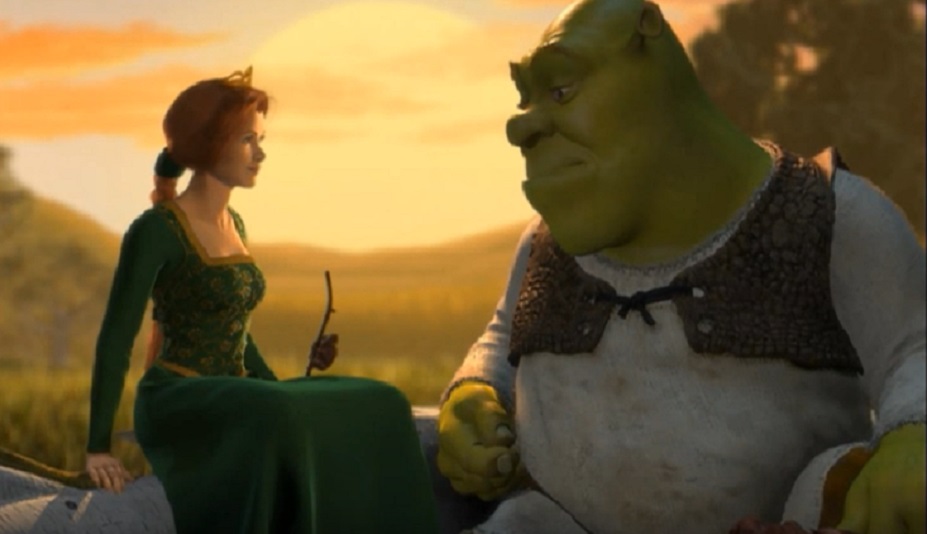
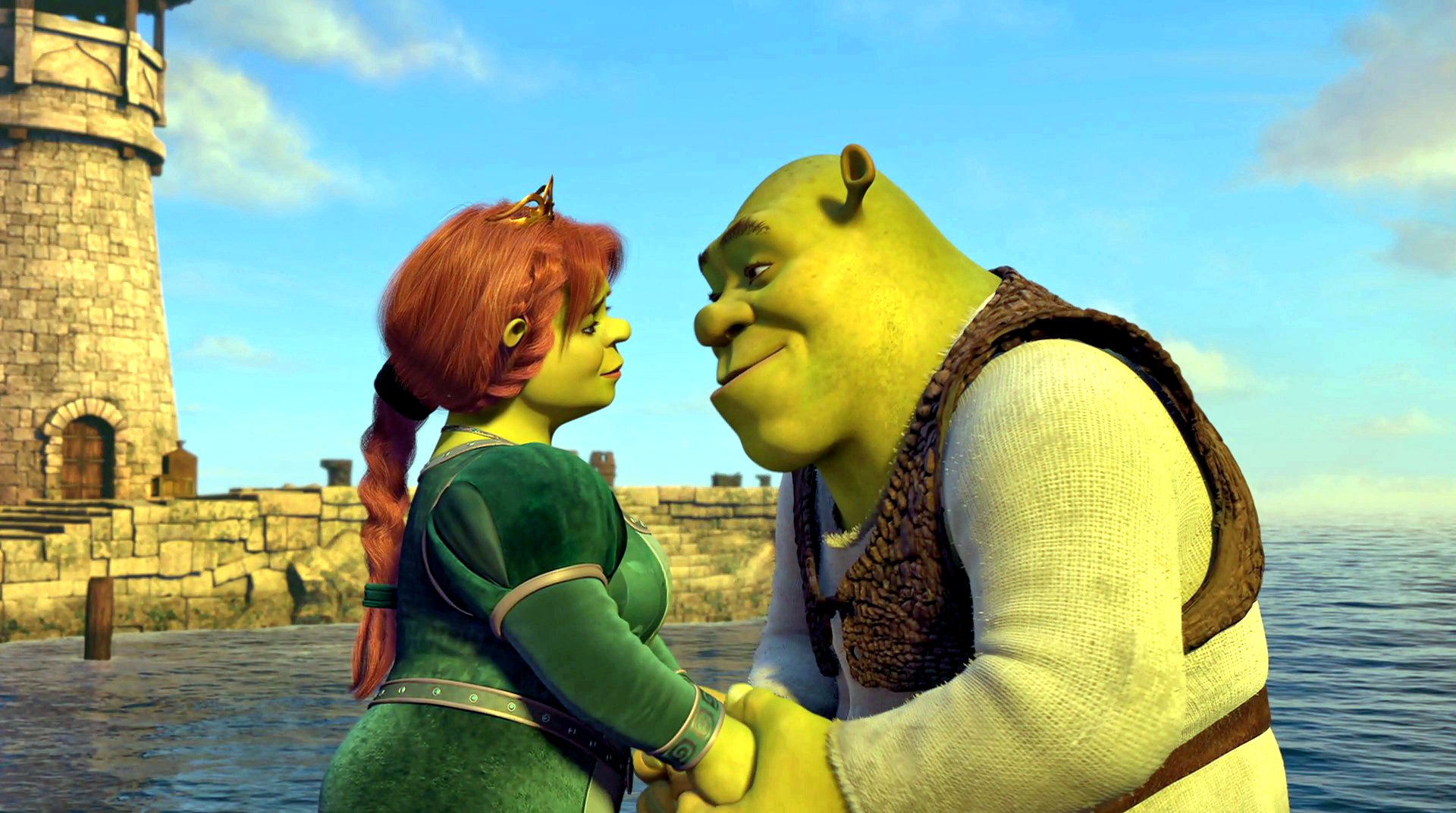
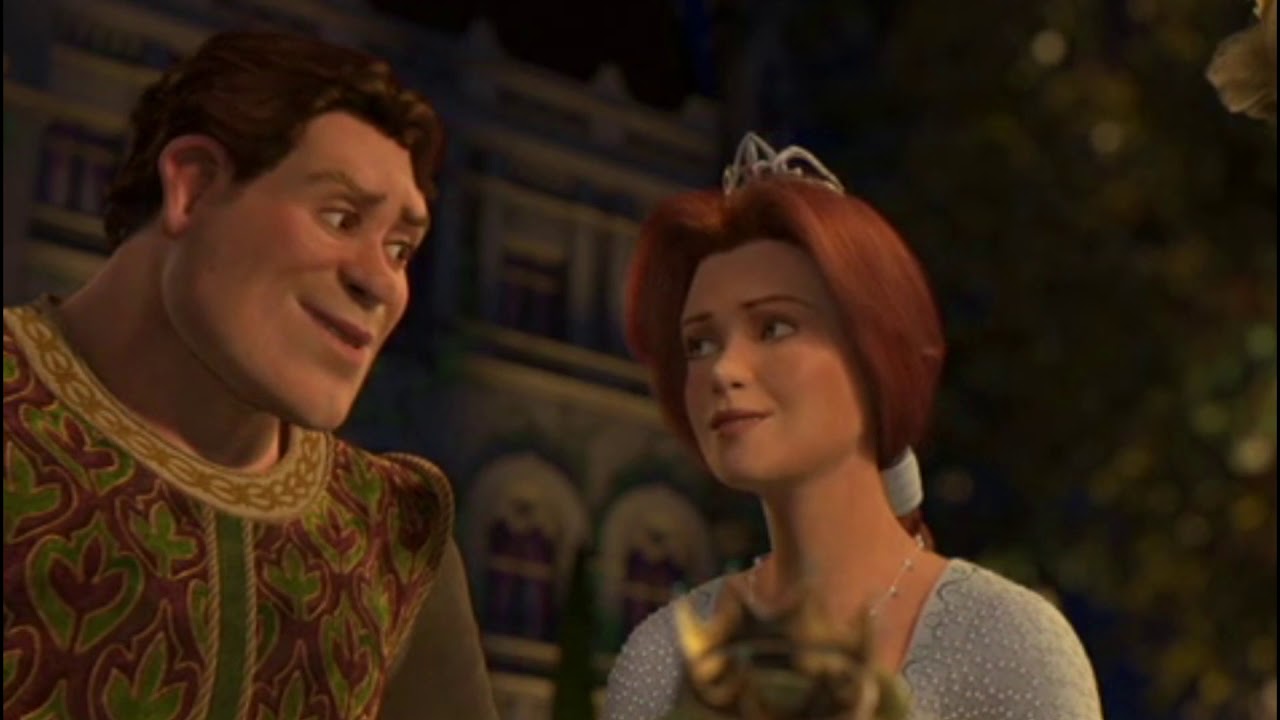

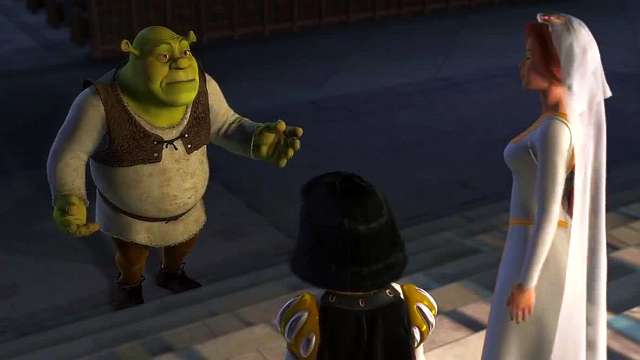
.jpg)
